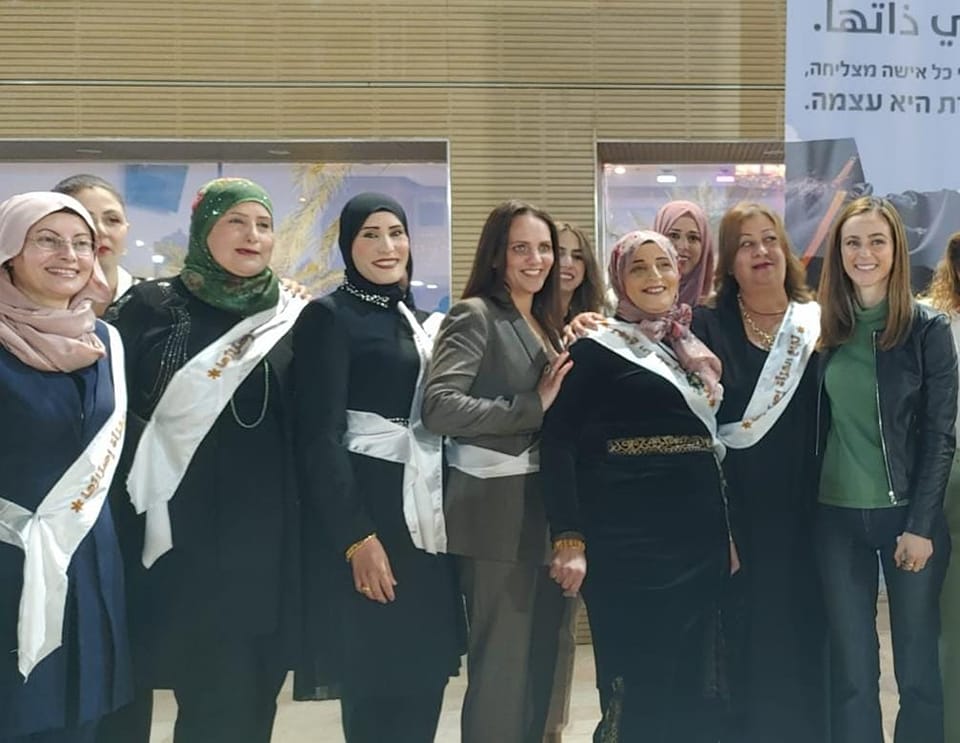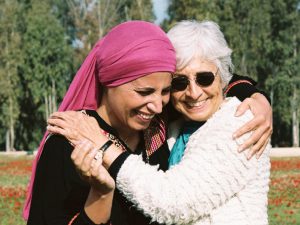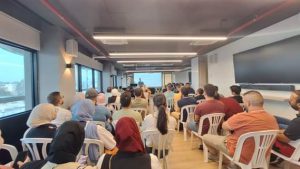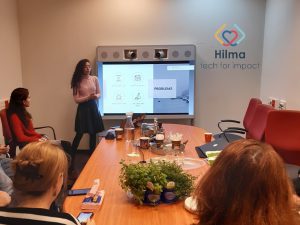Reduced Inequalities


Home » Uncategorized » SDG 10- Hoping Arab Empowerment Plan Makes Difference
SDG 10- Hoping Arab Empowerment Plan Makes Difference
World Day for Cultural Diversity for Dialogue and Development (May 21) is an excellent opportunity to revisit Israel’s efforts to reduce inequalities and advance full integration of the country’s Arab community – in other words, to advance SDG10 (and others). While the new five-year, 30 billion shekel plan – formally known as Government Resolution 550, or in Arabic the “Takadum” (progress) Plan – gives room for optimism, it of course doesn’t necessarily guarantee success in closing decades-long gaps (details of Resolution 550 can be found in this document released by the “Inter-Agency Task Force on Israeli Arab Issues”).
There’s no lack of commitment to its success, not with a plan prepared by no less than 12 professional government teams that worked with representatives on the ground such as civil society and municipalities (the latter is a particularly vital link in the implementation chain; at least eight of them are run by Jewish CEO professionals, hired by the towns’ Arab mayors). The Prime Minister certainly expects rapid movement forward, as illustrated by his decision to mandate quarterly progress reports.


Resolution 550 and its predecessor 922 have been generally praised for the length and breadth of their vision to close gaps. Hassan Tuafra, head of the Social Equality Ministry’s Arab Society Economic Development Authority – the official body responsible for Takadum’s implementation – told a Tel Aviv conference in this context: “In another 10 years I’d rather not see any more five-year plans, but rather budgets properly allocated to the Arab community. The plans exist today because the budgets haven’t been equal; in another five years we’ll want to see significant progress in social equality, the integration of young people and improvements in education – these are the over-arching goals. We’ll of course want to see economic growth engines and an increase in the capabilities of young people, including as wage earners – that’s a significant challenge.”
These objectives will hopefully be met, at least in part, by the tech and innovation program for the Arab community launched by the Science, Technology & Innovation Ministry. Nevertheless, there are many other acute challenges the program will have to overcome in order to be considered a success. These include the minimal involvement of the Arab community in the mortgage market; this issue is particularly complicated due to problems with asset and land registration, generally low incomes, as well as hesitancy on the part of banks to take what they view as risks.
At the end of the day, the new five-year plan’s success will depend not only what the Government can accomplish on its own but rather on the country’s ability to get the maximum out of all relevant actors – from civil society to the private sector.
Related articles


SDG 10-Arab Equality – From 30,000 Feet
Reduced Inequalities Time flies when writing about social impact issues in Israel. So much so that we failed to notice that it’s been awhile since


SDG 10 – Impact Progress for East Jerusalem
Reduced Inequalities It has been a noisy few months in Israel. Not just on the judicial reform issue, mind you – also concerning social impact


SDG 10- Hilma – Converging Hi-Tech and Social impact in Israel
Reduced Inequalities About Hilma Founded by Yossi Tsuria, Hilma is a hi-tech non-profit established in 2018. Hilma was launched as a collaboration of several


















